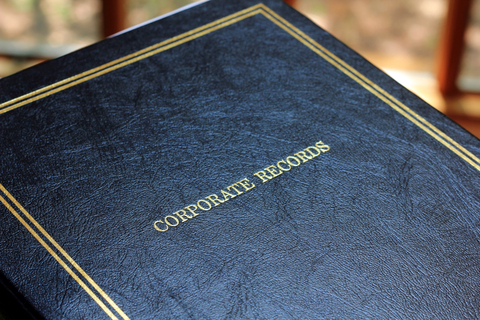The easiest way to catch a crook
I just received one of the best phone calls an investigator can get. A client called to say thanks and let me know that our due diligence process worked. A fund manager lied about their MBA and had even supplied a falsified degree. Apparently, he’d gotten away with this for a while – until our investigation.
The easiest way to catch a crook is to verify their college degrees.
Whether they’re mentioned on the resume they send before you invest or the speaker bio you found online, if someone would lie about something so easy to check, you’ve snagged a hard-core fraud.
My clients don’t care whether or not a fund manager has a degree or where they attended school. They’re not any more impressed by an MBA from a prestigious B-school than a Bachelor’s degree from a state university or no degree at all. In fact, degrees don’t impress my clients. What they’re looking for is fund performance – and trust.
So, how do you verify college degrees? I know of investigators and due diligence firms using news reports or information from the web to support supplied information. If several news articles mention the degree or the subject is listed on a university website, they consider the degree confirmed. At times – perhaps in the early stages of the due diligence process – this can work.
But nothing beats an official verification, especially in high-risk situations. That’s why, at Phelps Research, we always attempt to verify all degrees with the universities. Sometimes, especially with non-U.S. universities, it can be difficult, but, as my client said today, it’s worth the effort.
Thanks to many verification service providers, it’s easy to get official documentation. You do need a signed consent form from your subject, though, so create one yourself or see if the service offers a sample form. Also, be sure you know the rules, so actually read the terms of service.
At Phelps Research we use the National Student Clearinghouse for verifying U.S. degrees. They don’t ask for a signed consent with each order but will make random requests for the document, which you must provide or risk losing your access. Costs depend on the school and degree, and I’ve paid anywhere from $10.95 to about $22.50.
For non-U.S. degrees, we use HEDD and Qualification Check. These services require that you submit the signed consent form with your order, and costs can run up to about $30 to $35 dollars in some cases.
You can try to save a few dollars by attempting to go directly through the university registrar, but – especially with non-U.S. degrees – you’ll find that:
- Some schools will not deal directly you and only work through verification service providers.
- After factoring for the time you spend trying to find the right department, waiting for the right person to be in their office, and dealing with any language or time-zone issues, you might as well pay the fee. Your time is money.
Sometimes, though, you won’t have a choice, and you’re going to have to confirm a degree directly with the university. At times, it’s simple, like the small college in Maine that will verify in minutes by phone – no questions asked. At other times, it will be very difficult. Wiring funds to India comes to mind, or when I discovered that not one person spoke English in the registrar’s office at a small French University.
At times like these, I recommend that you:
- Gather as much information from your subject as possible, including student number and other identifiers. A copy of the degree will help. Different schools have different requirements, and it will save time if you’re prepared.
- Hire someone to help. As an AIIP member, I have access to a network of research professionals from around the world who help break down language, time, and cultural barriers.
- Know what’s good enough. Have you already verified the subject’s MBA degree from Stanford? Then don’t worry about their Bachelor’s degree, which would have been required for admission to graduate school.
Entering into partnerships and investments requires trust. It may take time and money to run the due diligence, but – as my client learned this week – verifying someone’s degree is the easiest way to catch a crook!




[…] that were true, we wouldn’t find so many fake college degrees. When I discover a “seasoned” (over 50) hedge fund manager’s non-existent MBA, I […]